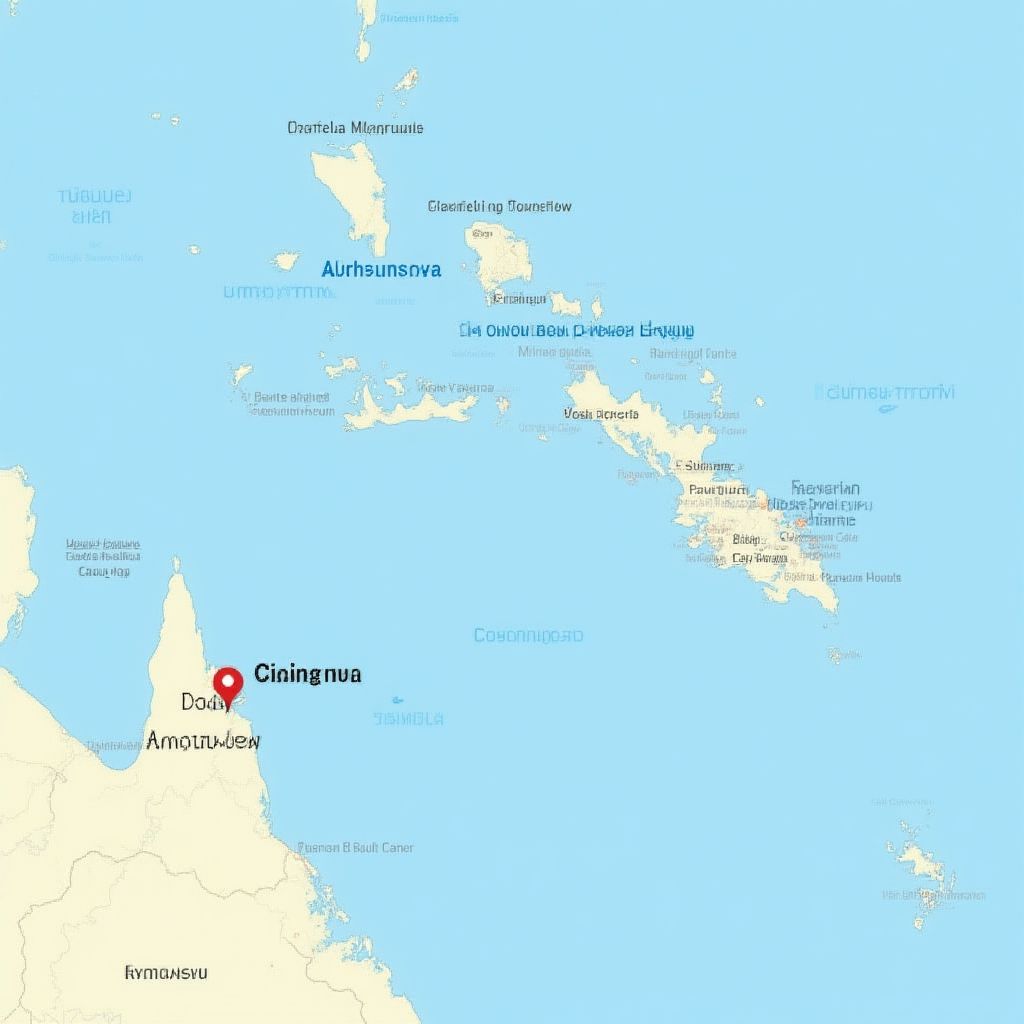Immerse yourself in the breathtaking beauty of the world's largest coral reef system. Join us for unforgettable diving experiences and learn about marine conservation.
Discover the world's largest coral reef ecosystem
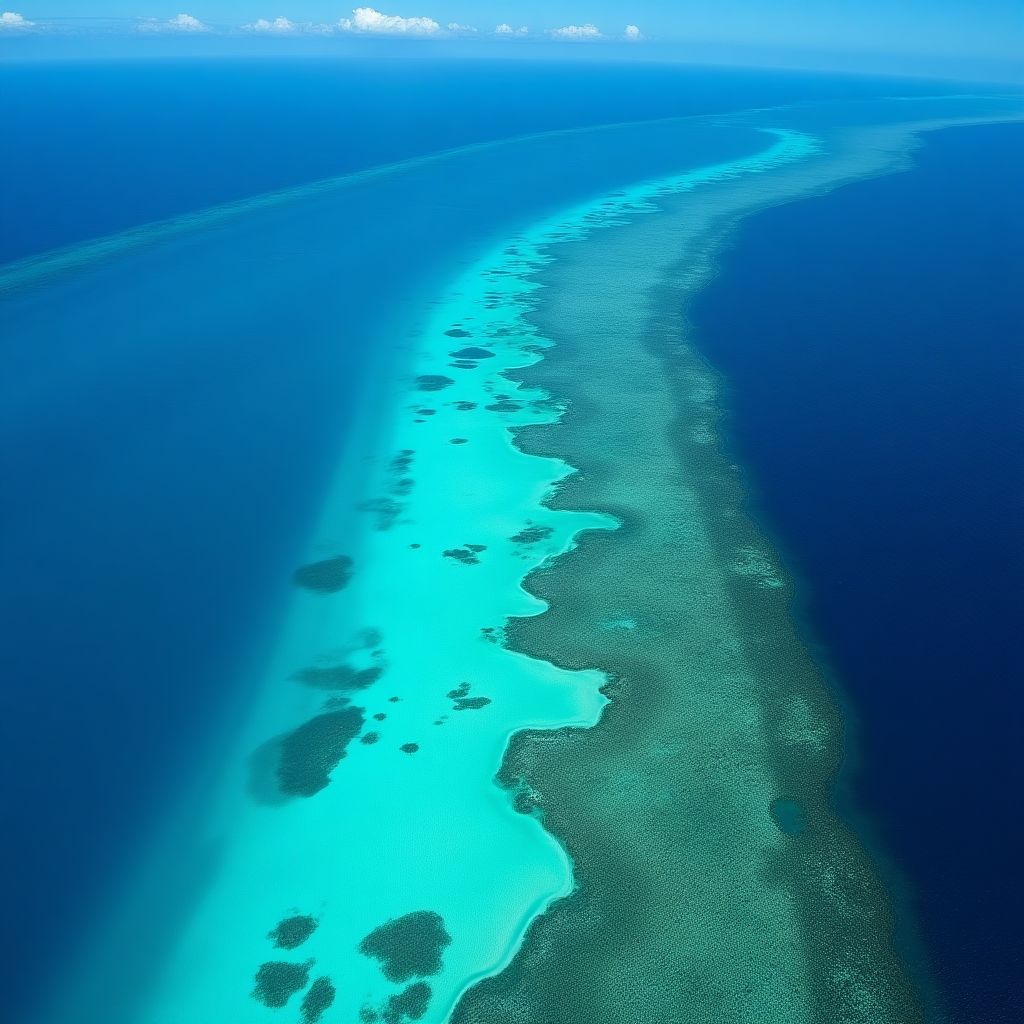
The Great Barrier Reef stretches over 2,300 kilometers along the coast of Queensland, Australia, comprising over 2,900 individual reefs and 900 islands. As the world's largest coral reef ecosystem, it is home to an extraordinary diversity of marine life, including over 1,500 species of fish, 411 types of hard coral, one-third of the world's soft corals, 134 species of sharks and rays, and more than 30 species of marine mammals.
This UNESCO World Heritage site is not just a paradise for divers and snorkelers but also a critical ecosystem that supports thousands of species and plays a vital role in the health of our oceans. The reef faces significant challenges from climate change, water quality, and coastal development, making conservation efforts more crucial than ever.
At Reef Adventures, we are committed to sustainable tourism practices that allow visitors to experience the magic of the reef while contributing to its preservation for future generations. Our expert guides share their knowledge about reef ecology, helping you develop a deeper appreciation for this magnificent natural wonder.
Learn MoreExplore the vibrant marine life and coral formations of the Great Barrier Reef
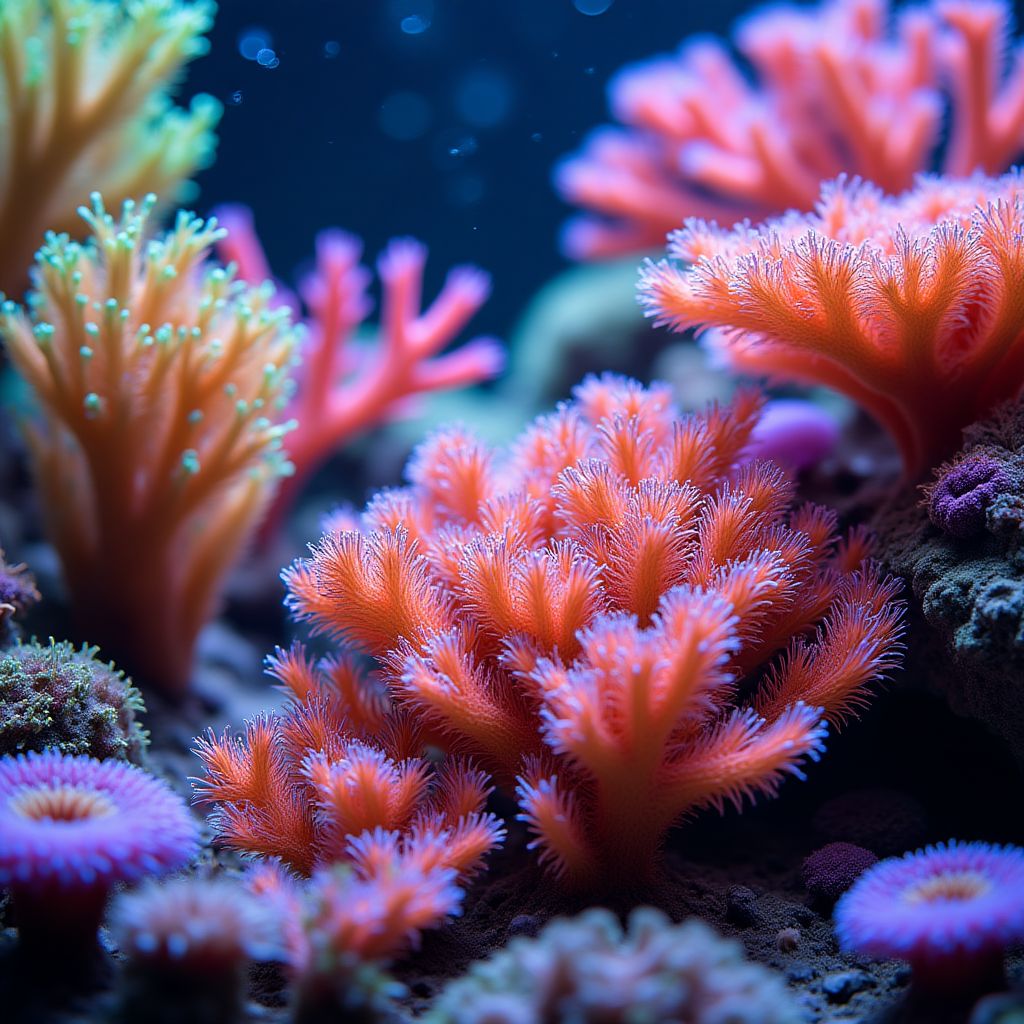
Explore the diverse coral formations that create underwater landscapes of extraordinary beauty.
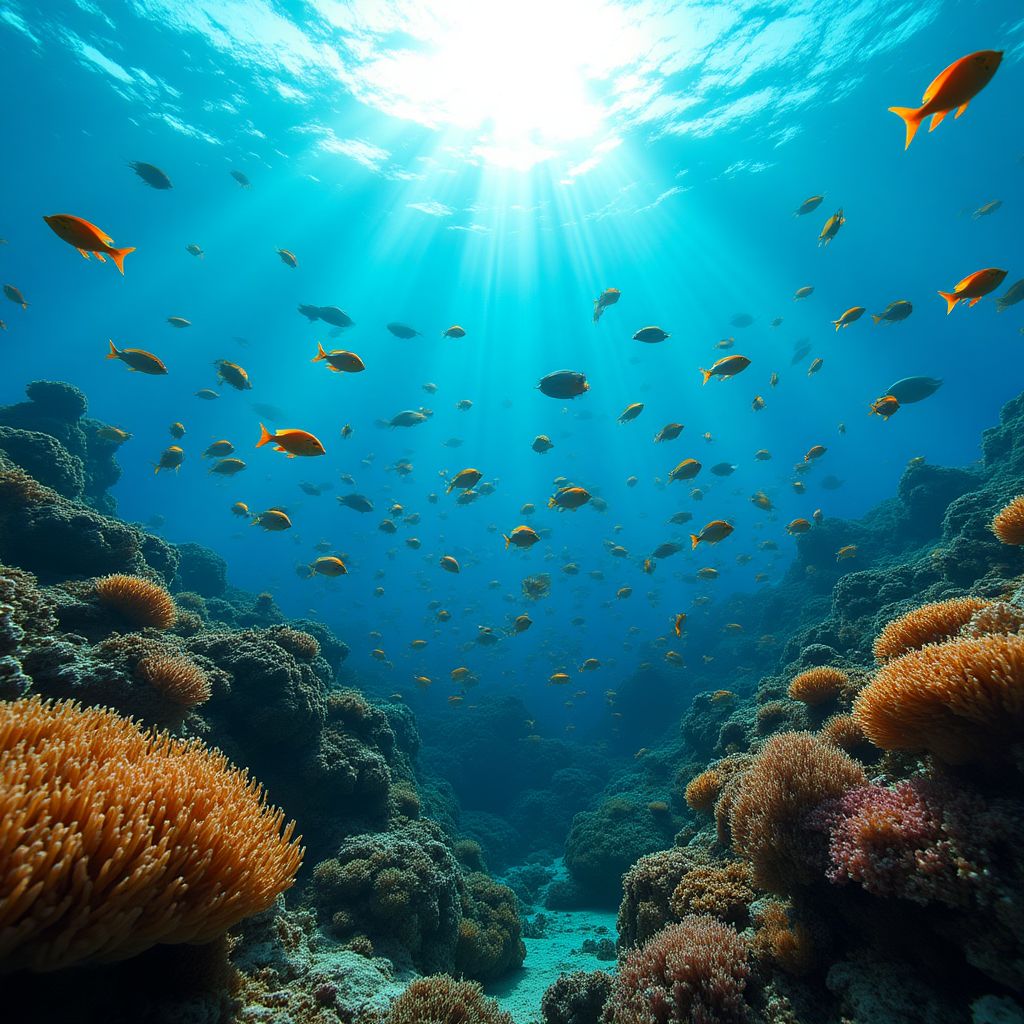
Witness the spectacular diversity of fish species that call the Great Barrier Reef home.
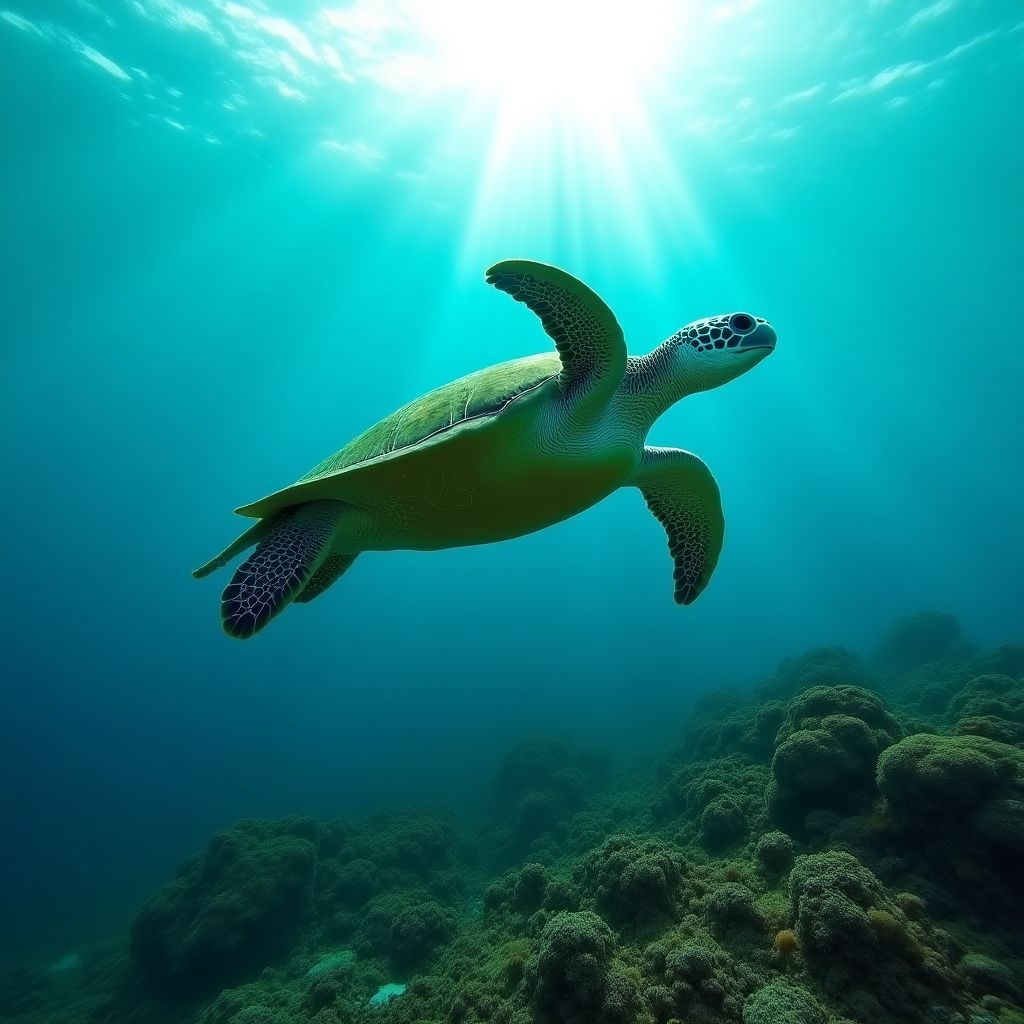
Encounter these gentle marine reptiles as they navigate their coral reef habitat.
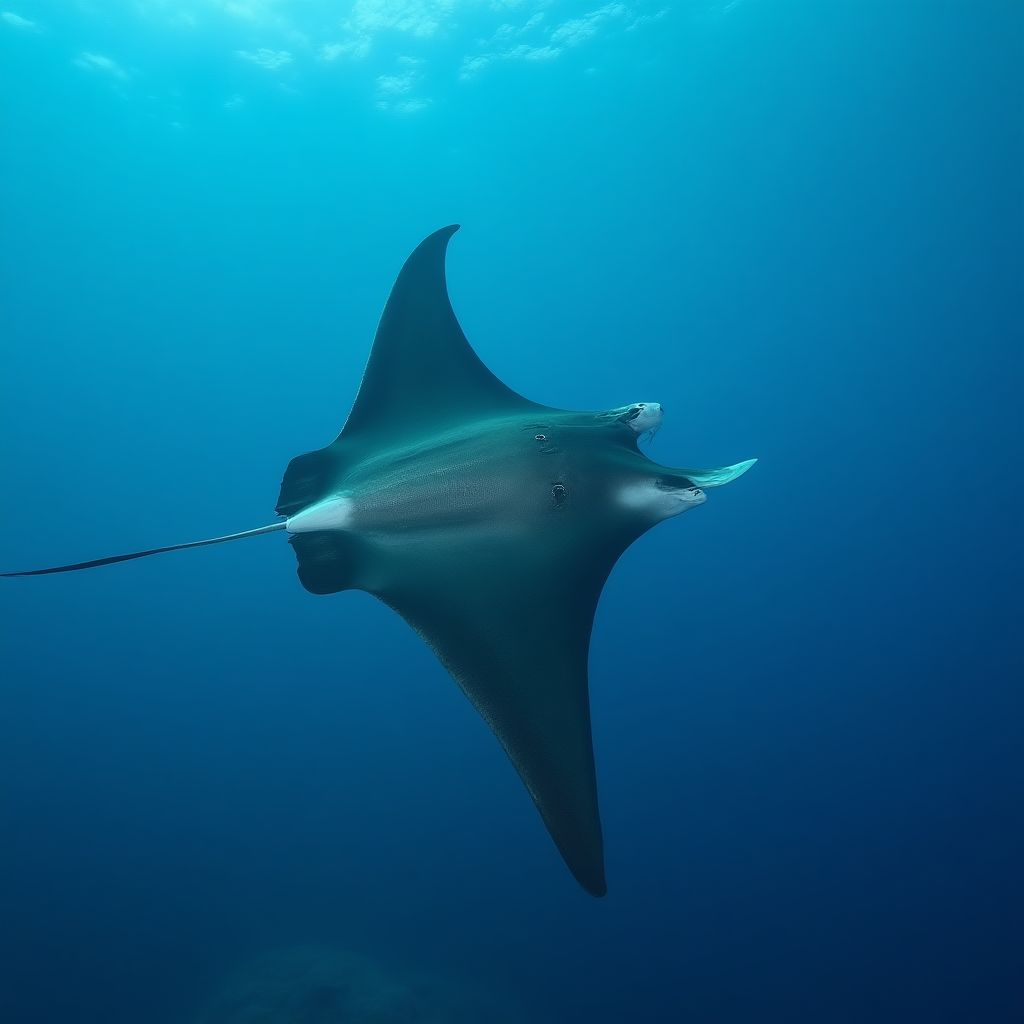
Marvel at these graceful giants as they glide effortlessly through the water.
Learn about coral ecology and reef conservation
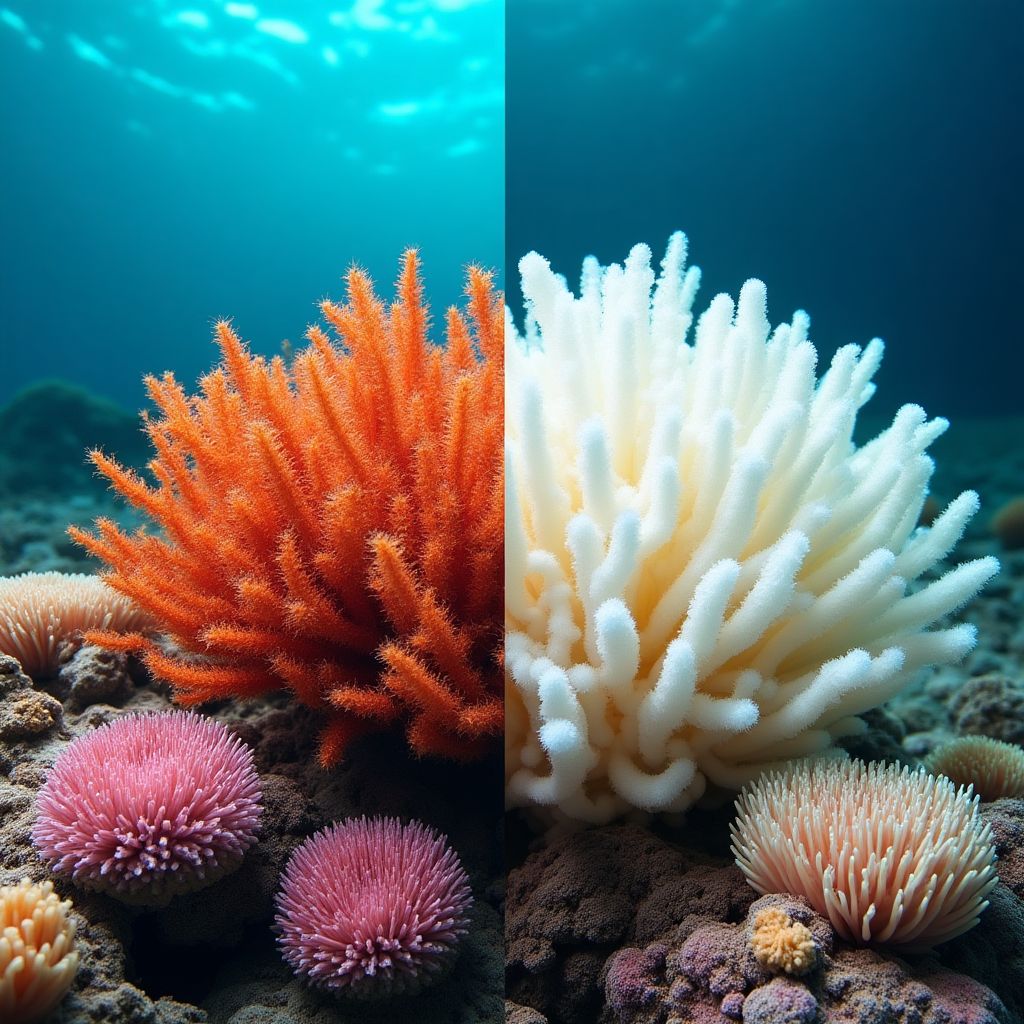
Coral bleaching occurs when corals expel the symbiotic algae living in their tissues due to stress, primarily caused by rising ocean temperatures. Without these algae, which provide corals with most of their energy and give them their vibrant colors, corals become white or "bleached" and are more susceptible to disease and death. The Great Barrier Reef has experienced several mass bleaching events in recent years, with the 2016, 2017, and 2020 events being particularly severe. Understanding this phenomenon is crucial for conservation efforts aimed at preserving these vital ecosystems for future generations.
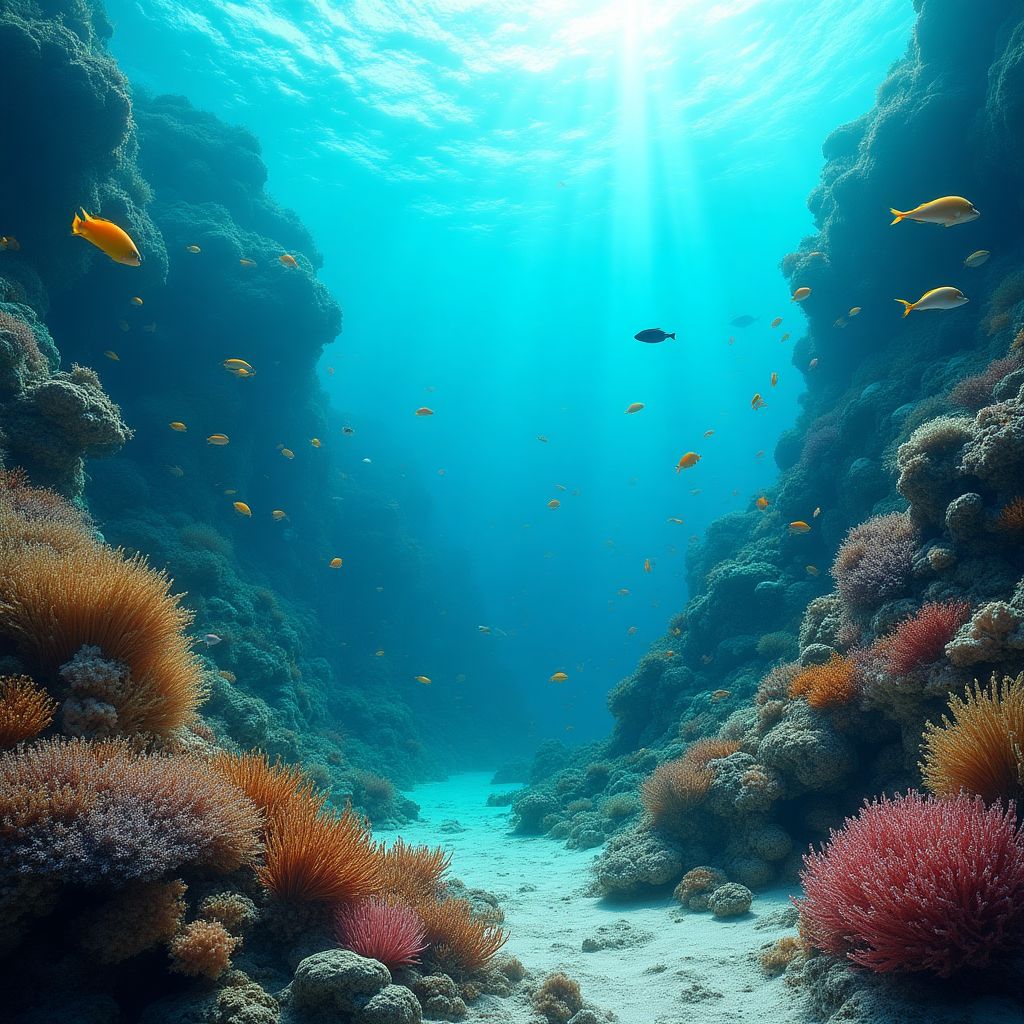
Coral reef ecosystems are among the most diverse and productive ecosystems on Earth. They function as intricate networks where countless species interact in a delicate balance. The foundation of these ecosystems are the coral polyps, which build the reef structure that provides habitat for thousands of marine species. From microscopic plankton to apex predators like sharks, each organism plays a specific role in maintaining the health and functionality of the reef. These ecosystems provide crucial services including coastal protection, fisheries support, and carbon sequestration, making their conservation vital not just for marine life but for human communities as well.
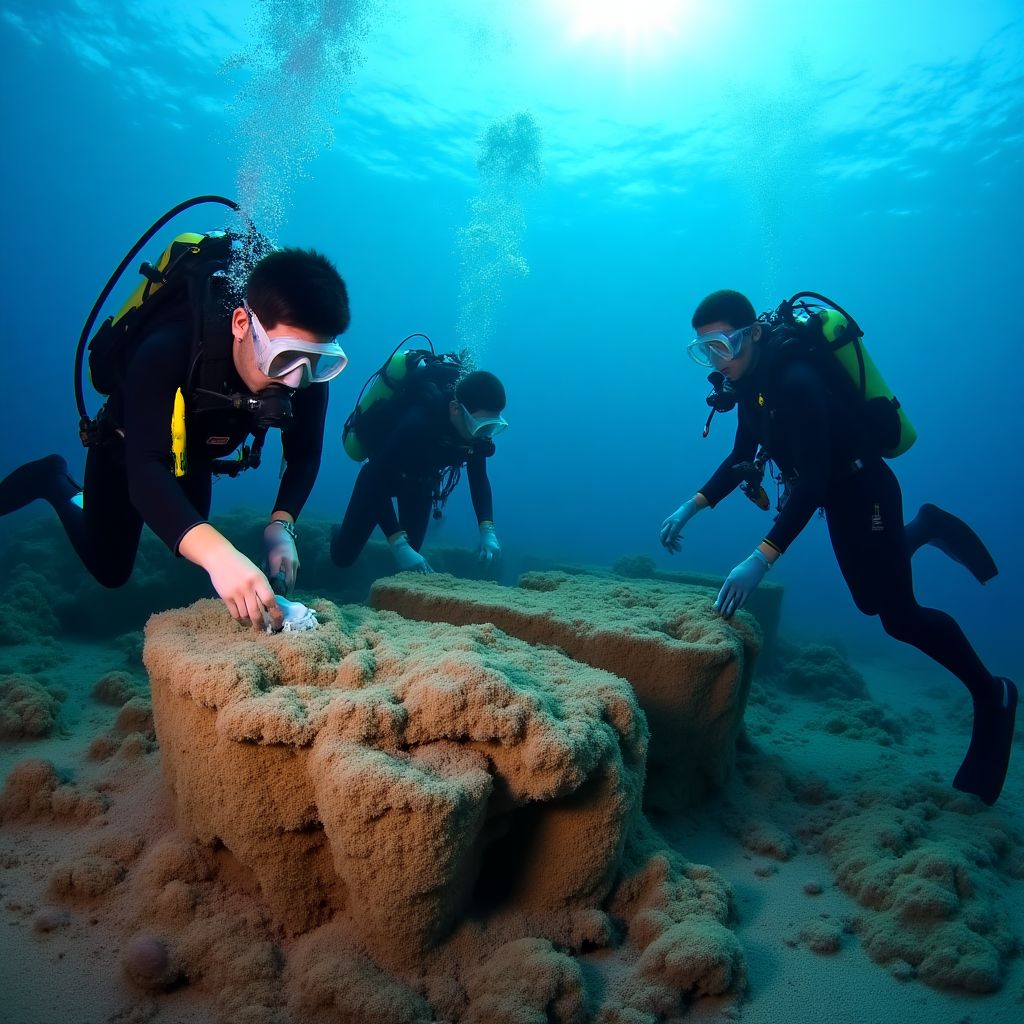
Numerous conservation initiatives are underway to protect and restore the Great Barrier Reef. These include the Reef 2050 Long-Term Sustainability Plan, which coordinates actions to improve water quality, reduce greenhouse gas emissions, and enhance reef resilience. Coral restoration projects involve growing coral fragments in underwater nurseries before transplanting them to damaged reef areas. Citizen science programs engage visitors and local communities in monitoring reef health, while technological innovations such as heat-resistant coral breeding aim to develop more climate-resilient reef systems. At Reef Adventures, we contribute to these efforts through sustainable tourism practices and by donating a portion of our proceeds to reef conservation organizations.
Explore these valuable resources to enhance your diving knowledge and reef appreciation
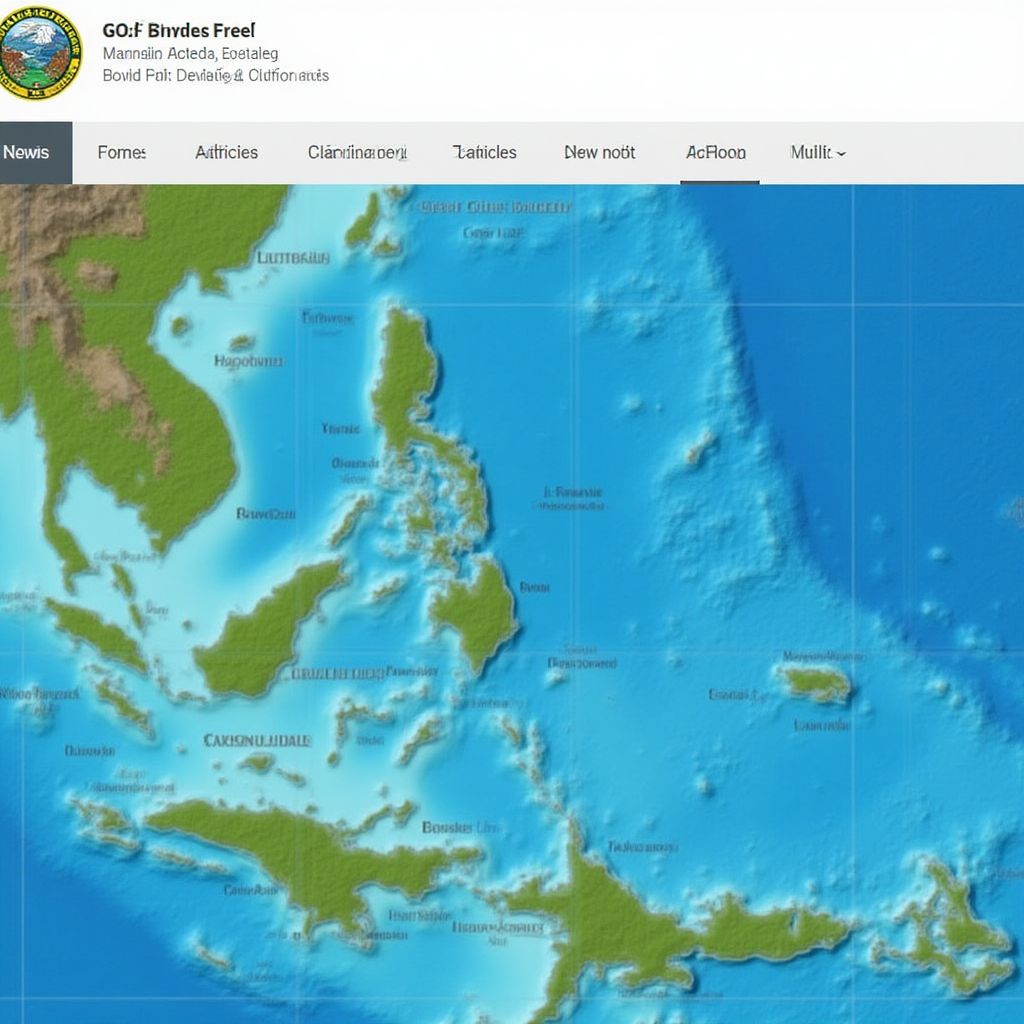
The official government body responsible for the protection and management of the Great Barrier Reef. Their site offers comprehensive information about reef health, zoning plans, and conservation initiatives.
Visit Website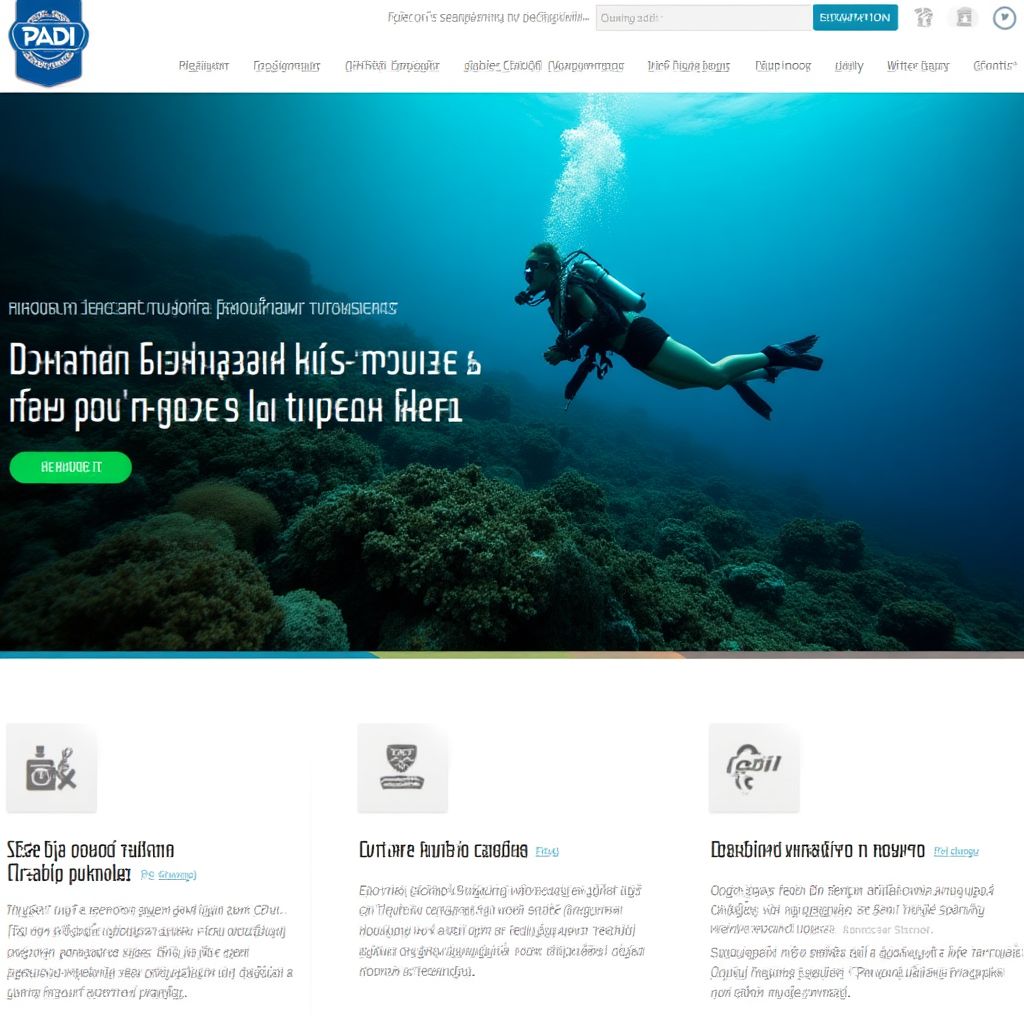
The world's leading scuba diving training organization. Learn about certification courses from beginner to professional levels to prepare for your reef diving adventure.
Visit Website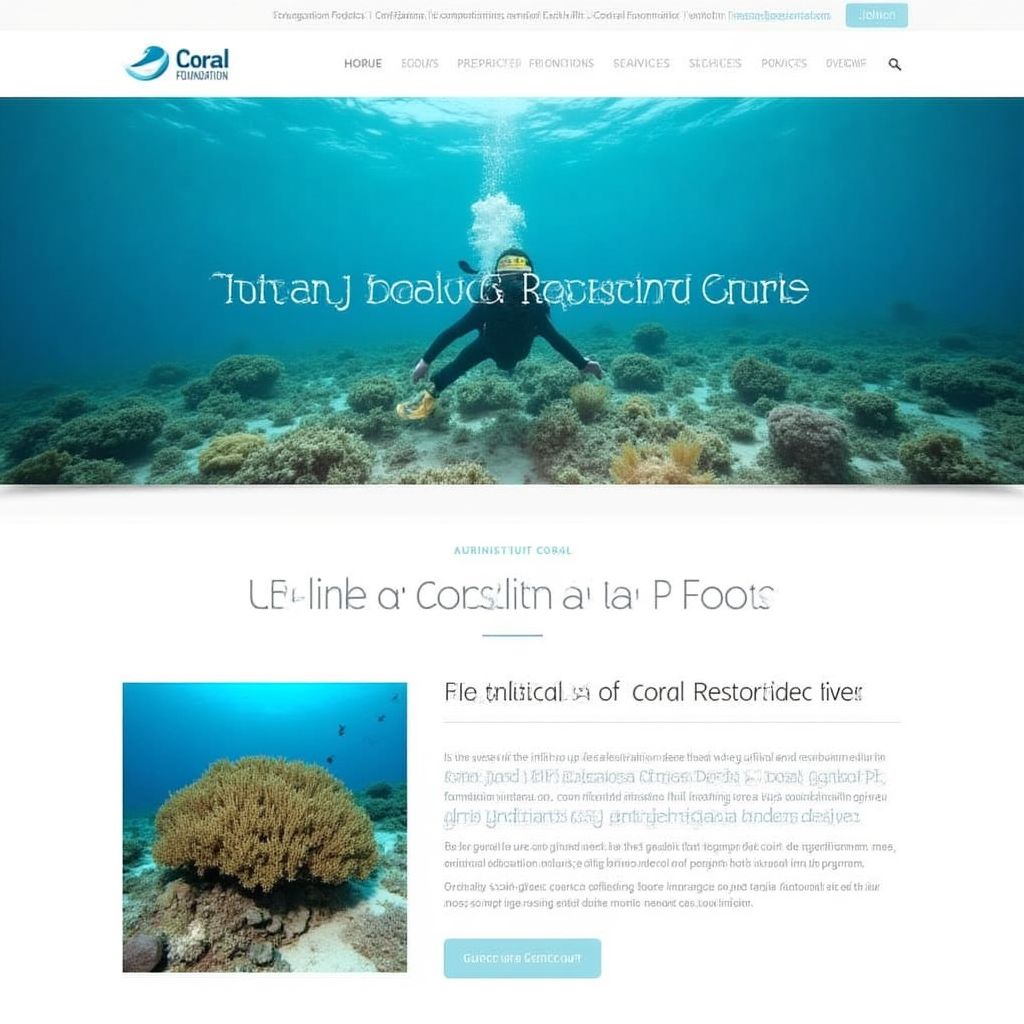
A non-profit organization dedicated to coral reef research, conservation, and restoration. Discover how you can contribute to protecting these vital ecosystems.
Visit WebsiteExplore our specialized diving expeditions and conservation initiatives
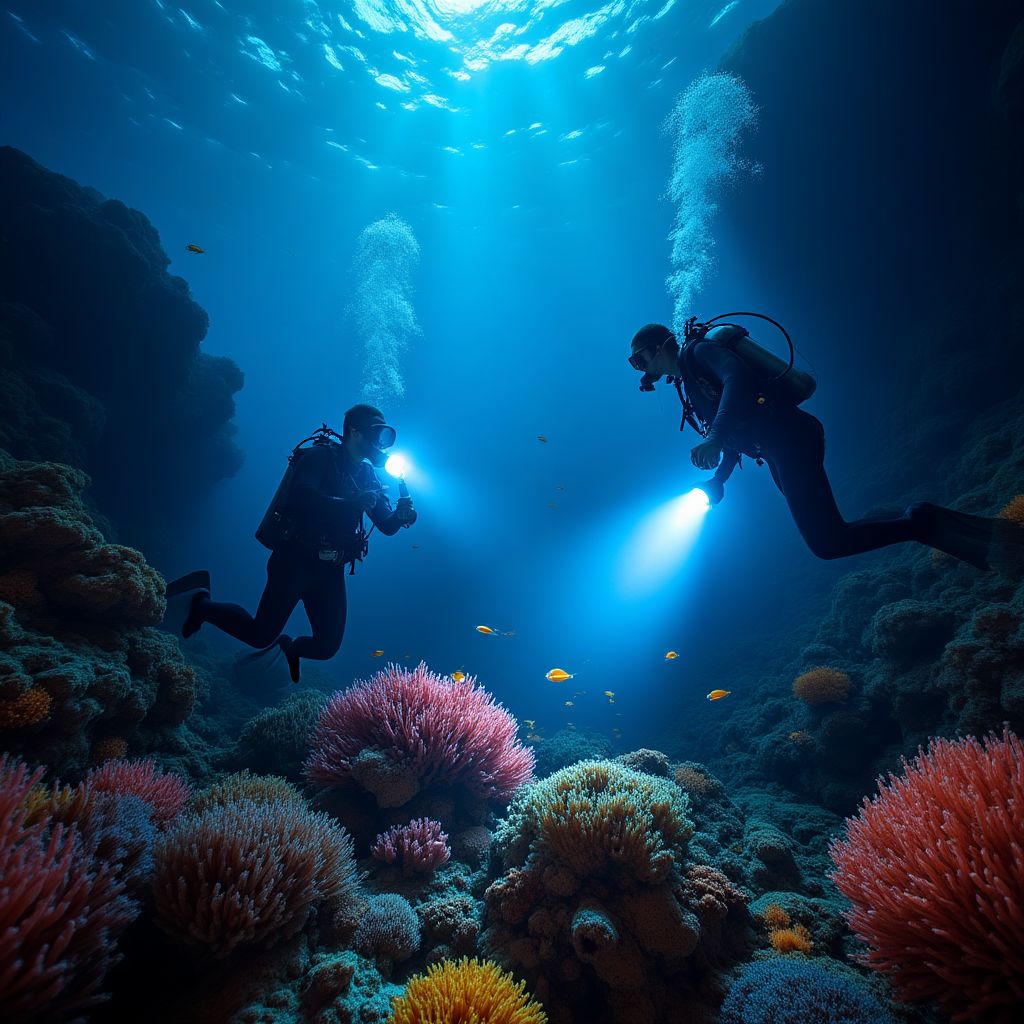
Experience the reef's nocturnal transformation as we guide you through an otherworldly adventure after dark. During our night diving expeditions, you'll witness the emergence of creatures rarely seen during daylight hours, from hunting lionfish and octopuses to bioluminescent organisms that create a natural light show. Our expert guides use specialized lighting techniques to reveal the vibrant fluorescent qualities of certain corals while maintaining minimal disruption to the natural rhythms of the reef ecosystem. These expeditions are available to certified divers with night diving qualifications or as supervised introductory experiences for those with sufficient daytime diving experience.
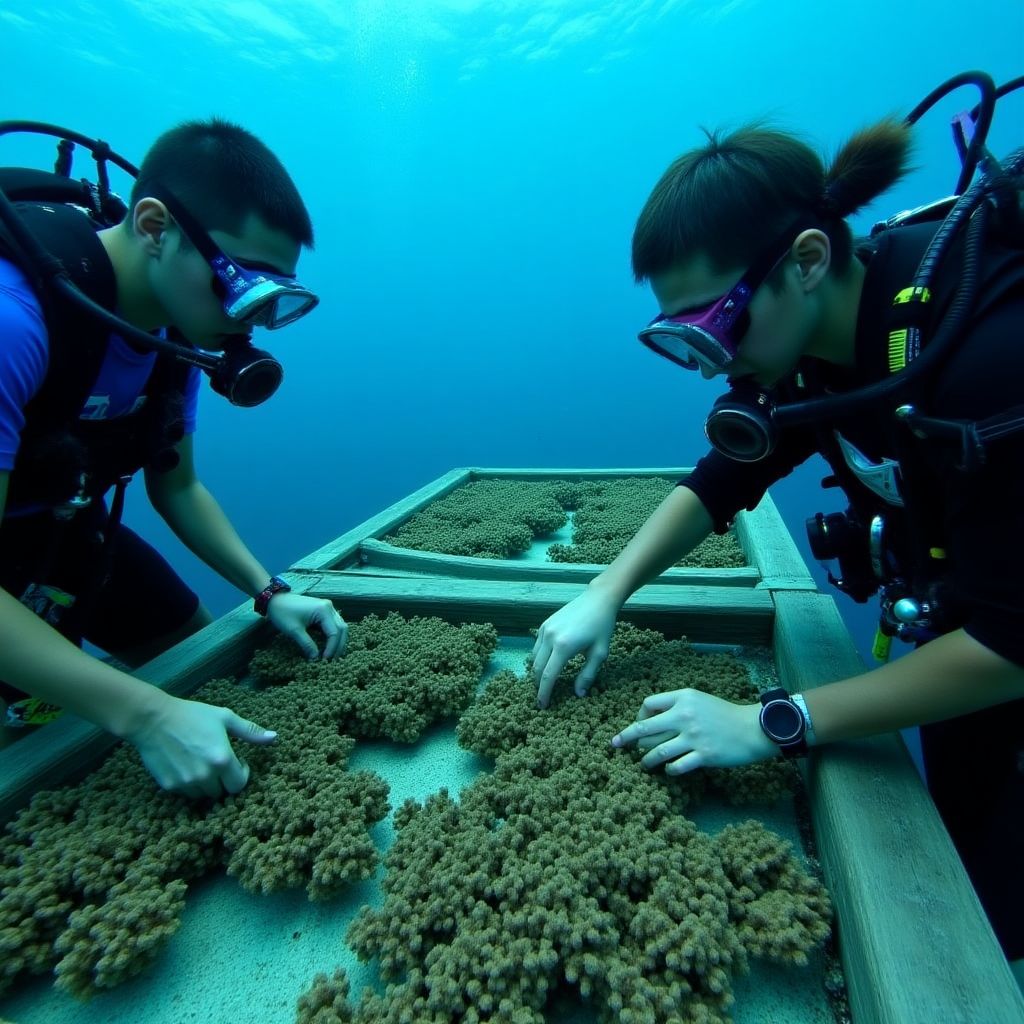
Join our team of marine biologists and conservation experts in active reef restoration work. Our Coral Restoration Initiative focuses on rehabilitating damaged reef areas through the cultivation and transplantation of resilient coral species. Participants learn propagation techniques at our floating coral nurseries where fragments are grown until they're strong enough for transplantation to degraded reef sites. This hands-on conservation experience includes training in underwater gardening techniques, coral health assessment, and data collection for ongoing research. No previous scientific background is required, though participants should be comfortable divers. This project offers a meaningful way to contribute directly to reef preservation while gaining valuable insights into marine conservation practices.
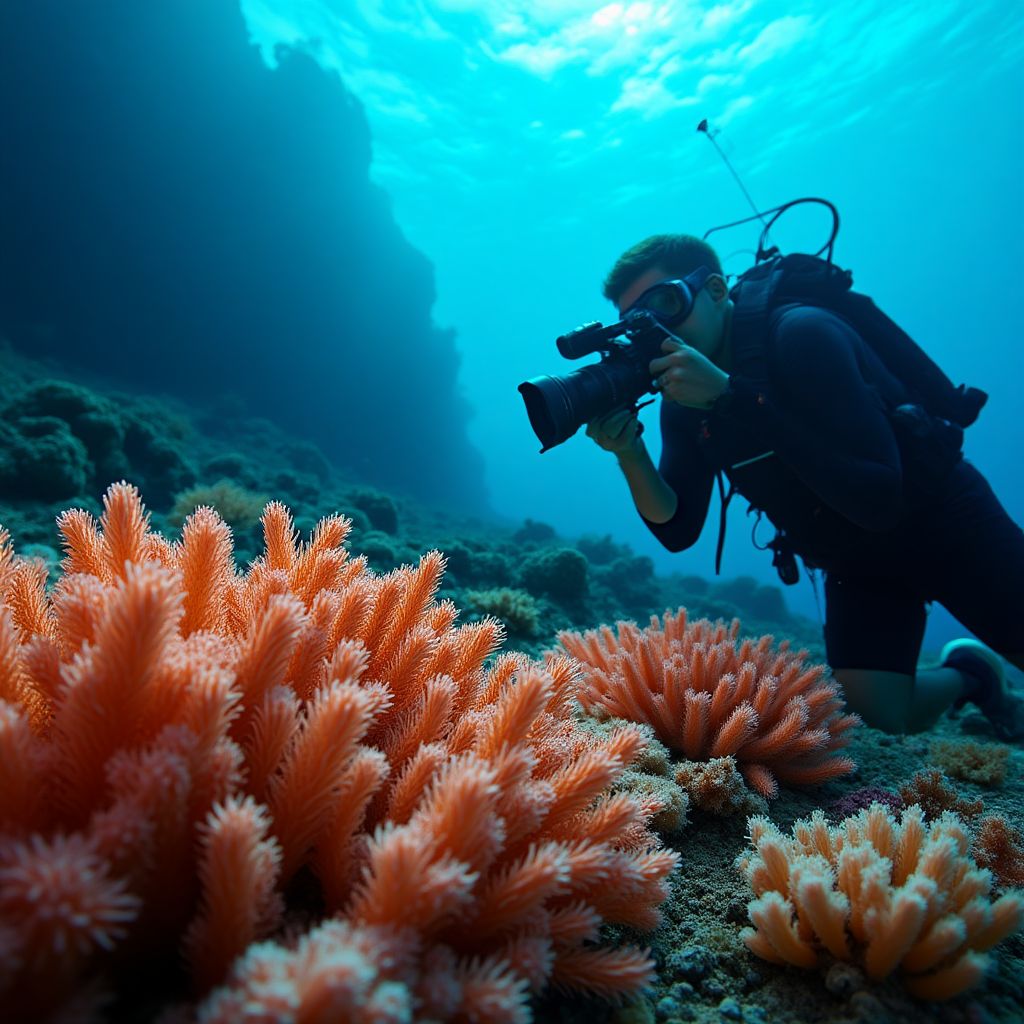
Capture the breathtaking beauty of the Great Barrier Reef through our specialized underwater photography workshops. Led by award-winning marine photographers, these sessions combine practical diving skills with artistic and technical photography instruction. You'll learn essential techniques for managing lighting in underwater environments, approaches for photographing fast-moving marine life, and macro photography skills for capturing the reef's intricate details. Our instructors provide guidance on equipment selection and maintenance, post-processing workflows, and ethical photography practices that minimize impact on marine environments. These workshops accommodate all skill levels from beginners using action cameras to experienced photographers with professional underwater housing systems. Each session includes personalized feedback and image review sessions to accelerate your development as an underwater photographer.
Our commitment to excellence in diving experiences and conservation
Ready to explore the reef? Get in touch with our team
We're here to help you plan your perfect Great Barrier Reef adventure. Whether you're interested in booking a diving expedition, learning about our conservation projects, or inquiring about underwater photography workshops, our team is ready to assist you.
